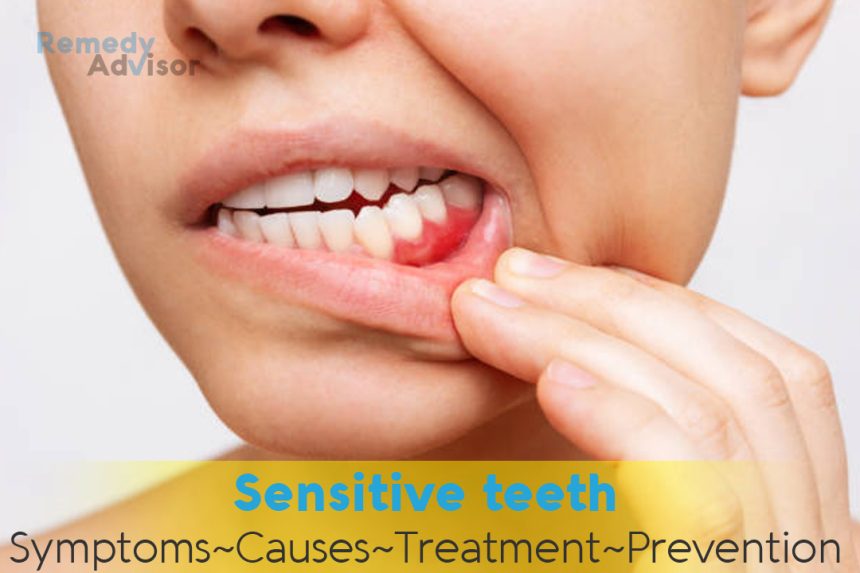What is it
Hypersensitivity is a common dental ailment, especially as people age. As gum tissue starts to recede, a tooth’s root surface is exposed. It is made of a substance called dentin, which is thinner and softer than tooth enamel. The exposed dentin allows stimuli such as hot and cold drinks, sweet and sour foods, and even your toothbrush to trigger a temporary but acute toothache. Fortunately, dental hypersensitivity can be treated and cured.
Symptoms
- Persistent, sometimes disabling pain in a tooth or several teeth.
What causes it
You may simply have what’s called dentin hypersensitivity, a common problem. The cause of it is uncertain, but one theory proposes that the movement of fluids deep inside the tooth stimulates the nerves. Whatever the mechanism may be, wear and tear on the teeth for example, overzealous brushing or constant teeth grinding which causes enamel to thin is usually responsible. Acidic foods, such as citrus fruits and juices or wine, may cause sensitive teeth to ache.
What if you do nothing
Hypersensitivity may persist, but can suddenly disappear on its own.
Home remedies
Switch your toothbrush
Using an extra soft toothbrush will prevent the wearing down of root surfaces.
Change your brushing technique
Avoid brushing horizontally. This will help minimize tooth abrasion and the exposure of tooth roots.
Try a special toothpaste
Particularly formulated desensitizing toothpastes like Sensodyne or Denquel can help bring respite (Be sure to purchase a brand with the closure of the American Dental Association.) These consists of compounds, like strontium chloride and potassium nitrate, which can decrease the aching nerve response, however it regularly takes a month or so of consistent use for this to occur.
Schedule regular dental visits
A thorough cleaning will reduce dental plaque and lessen the sensitivity caused by the substance.
Avoid foods that seem to aggravate the condition
Hot coffee, ice cream, wine, and grapefruit juice are often prime offenders.







